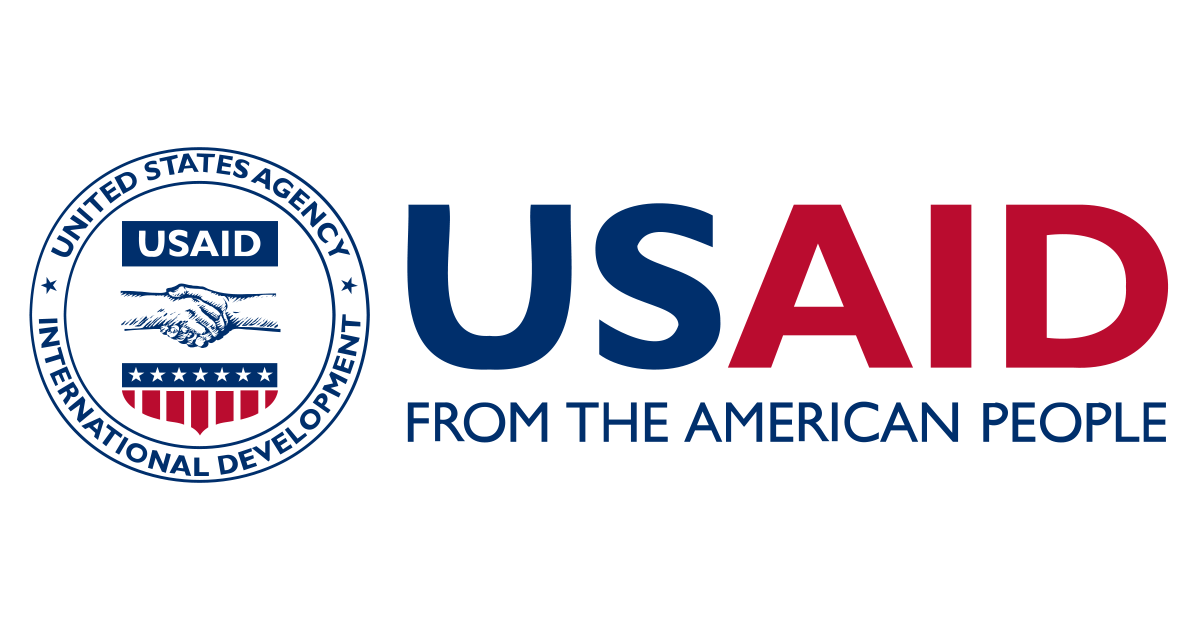USAID has unveiled the Localise Global Health Security project, a significant five-year contract valued at up to $37 million.
The project’s primary objective is to collaborate with local organizations in 15 countries across Africa, Asia, Latin America, and the Caribbean to enhance their capacity to prevent, detect, and respond to emerging health threats within their communities.
The importance of community trust and engagement has been underscored by recent global health security initiatives, especially in addressing threats like Ebola, smallpox, and COVID-19.
The Localize Global Health Security project will complement existing approaches by involving local governments, NGOs, and businesses to achieve three key objectives: addressing critical gaps in health security, enhancing the organizational capabilities of local entities, and expanding global health knowledge through current approaches and best practices.
USAID places a strong emphasis on local partnerships to ensure long-term sustainability. In 2021, Administrator Power announced two key targets for increasing the Agency’s localization efforts: directing 25 percent of assistance to local partners by fiscal year 2025 and placing local communities in the lead for 50 percent of programming by the end of the decade.
The Localise Global Health Security project will contribute to the second localization goal by providing grants to local organisations for interventions aimed at addressing critical health security gaps within their respective countries.
For over 15 years, USAID’s Global Health Security Programme has been actively involved in addressing endemic, emerging, and re-emerging infectious disease threats. The Localise Global Health Security project marks a crucial milestone in advancing the agency’s objectives to strengthen global health security through localization.



